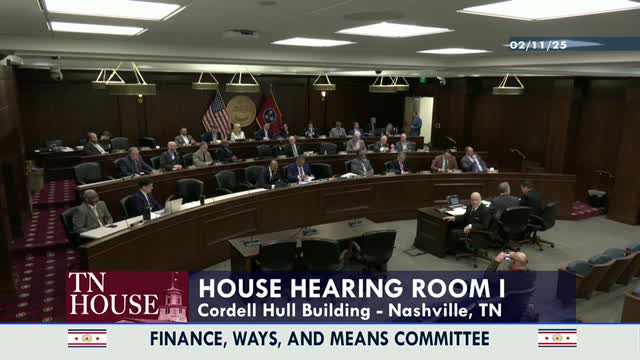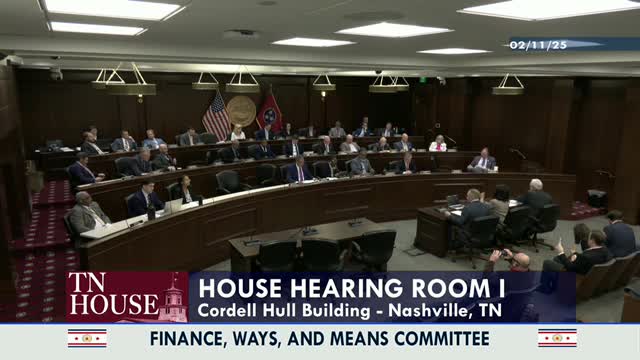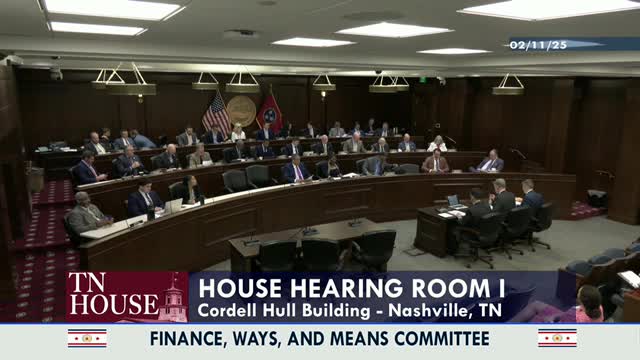Article not found
This article is no longer available. But don't worry—we've gathered other articles that discuss the same topic.

Prosecutors, public defenders press for more staff, pay and victim‑services funding in budget hearings

Tennessee courts seek $17 million to stand up Office of Indigent Conflict and Civil Counsel to ensure appointed lawyers are available

